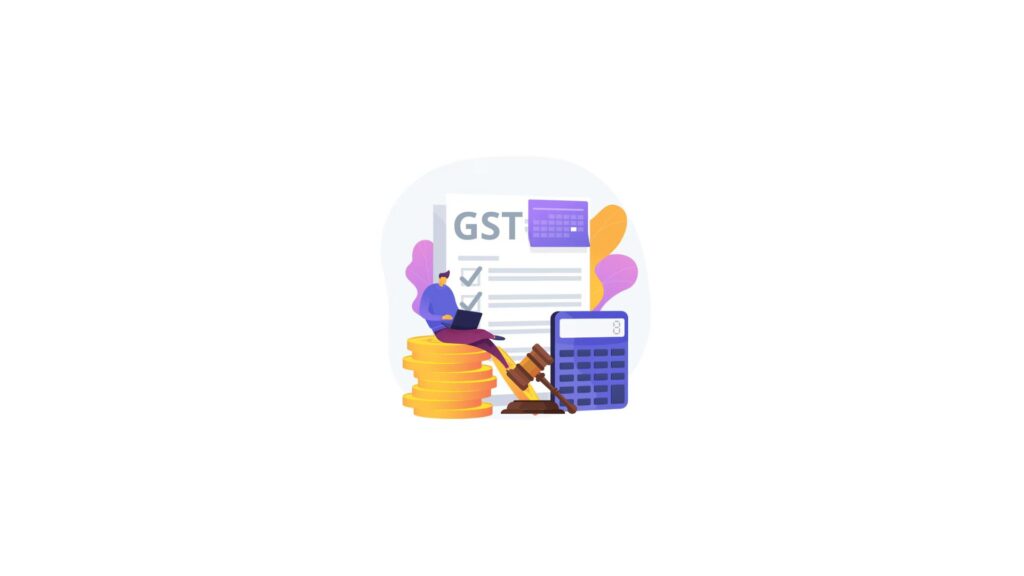
17 Apr Shocking Verdict: Madras HC Challenges Tax Authority!

In a recent ruling that has significant implications for taxpayers and tax authorities alike, the Madras High Court delivered a landmark judgment concerning Input Tax Credit (ITC) claims. This judgment addresses the issue of rejecting ITC claims solely due to their absence in GSTR-3B filings, emphasizing the need for a thorough review of related documents such as GSTR-2A and GSTR-9 for a comprehensive assessment. Let’s delve into the details of this case and its implications.
Facts of the Case
The case involved Sri Shanmuga Hardwares Electricals challenging assessment orders spanning from 2017 to 2020. The crux of the matter revolved around the company’s ITC claims based on GSTR-2A data, despite filing “NIL” returns in GSTR-3B. These claims were rejected by the State Tax Officer, prompting a legal challenge.
Issue
The central issue at hand was whether Sri Shanmuga Hardwares Electricals was entitled to claim ITC that was not reported in the GSTR-3B returns but was reflected in the GSTR-2A and subsequently in the GSTR-9 annual returns.
Held
In its ruling, the Madras High Court quashed the assessment orders and remanded the case for reconsideration. The court emphasized that rejecting ITC claims solely on the basis of their absence in GSTR-3B filings was unjustified. Instead, it instructed the assessing officer to conduct a thorough examination of all relevant documents to assess the validity of the ITC claim. The petitioner was directed to submit all pertinent documents, and the assessing officer was instructed to issue fresh assessment orders after providing a reasonable opportunity for a personal hearing.
This judgment, delivered in the case of Sri Shanmuga Hardwares Electricals vs. The State Tax Officer, highlights the importance of substantiating ITC claims with comprehensive documentation. It underscores the necessity for tax authorities to consider all relevant returns and documents before making decisions on ITC claims.
This ruling could potentially lead to a more nuanced understanding and handling of ITC claims, benefiting taxpayers who may have encountered similar issues in their filings.


No Comments